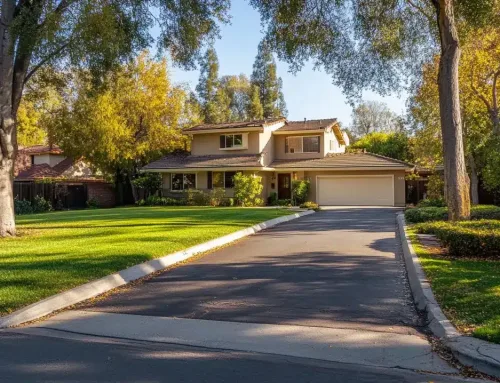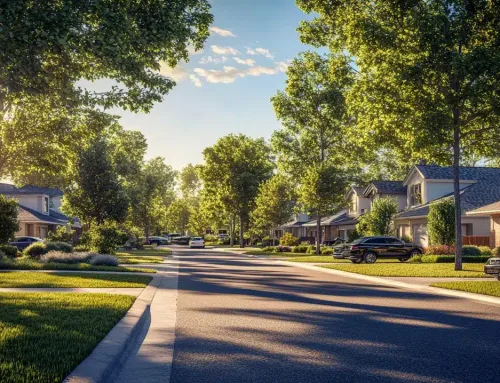When we think of sustainable infrastructure, asphalt paving might not immediately leap to mind. But let’s take a closer look at how this dark, unassuming material can actually play a beneficial role in environmental stewardship. Asphalt is like the quiet neighbor who doesn’t show up at every party, but when the chips are down, they’d help you fix your soggy roof.
First off, let’s address the elephant in the room: isn’t asphalt responsible for too much heat? Isn’t it impervious and part of the problem when it comes to urban heat islands? Here’s the surprising twist: when used intelligently, asphalt can actually help reduce environmental impact. A single square mile of recycled asphalt can save thousands of gallons of oil and reduce landfill waste, just like reusing old containers cutting down our household plastic footprint.
In terms of energy conservation, think of asphalt as a reliable old animal like the mule – strong, durable, and relatively low-maintenance. It requires less energy to construct and maintain than alternative materials, contributing to lower overall emissions. Furthermore, asphalt’s smooth surface decreases rolling resistance, which helps improve fuel efficiency for vehicles – just like how a well-oiled bicycle gears up and rides more smoothly with less effort.
In a city like San Antonio, where the vibe is as vibrant as its culture, efficient road networks are crucial. If you’ve ever driven down the I-10 towards the bustling Pearl District, you know how crucial a smooth ride is! Asphalt’s ability to be reused and reprocessed contributes directly to reducing depletion of new raw materials, allowing infrastructure to flourish without compromising green spaces where you might find San Antonio’s locals enjoying their weekends.
What’s more, new technologies in asphalt paving are turning perceptions on their head. Warm-mix asphalt, for example, is emerging as an eco-friendly solution, requiring less energy to produce and emits fewer greenhouse gases. It’s like upgrading from an old-school sedan to one of those slick, eco-friendly hybrids that everyone’s suddenly driving.
Take a ride west to meet the friendly folks at a small business on the edge of the city, and they’ll tell you how much they appreciate asphalt’s quick and efficient repair time, which means less time disrupting local business activity and everyday life. This quick setting and ease of repair is important for reducing the detour carbon footprint.
In conclusion, asphalt paving embodies a practical and substantial choice for those committed to sustainable urban growth. It’s forward-thinking, like the cultural evolution you see reflected in the murals of San Antonio’s spirited neighborhoods. Asphalt might not be the flashiest tool in the environmental shed, but its benefits are clear, consistent, and here to support the green transition every step of the way.






Leave A Comment
You must be logged in to post a comment.